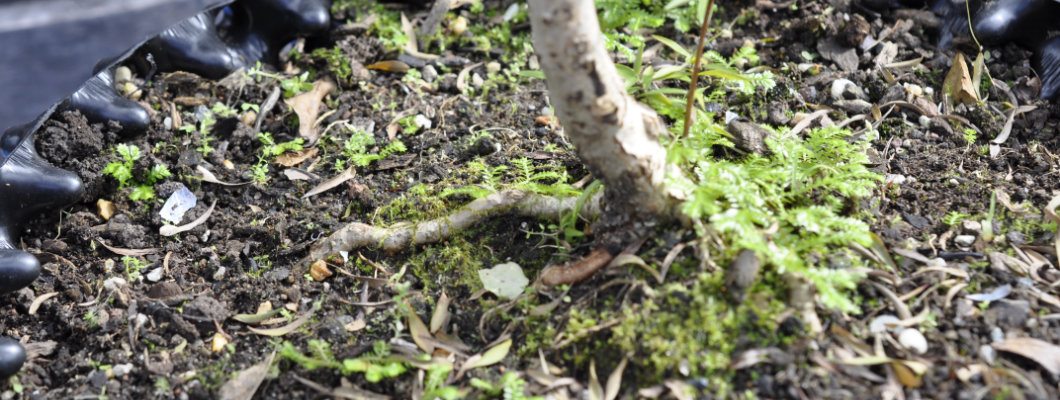
Title image above is copyright © Kristi Ellinopoullos
First published 23rd September 2025
The Prickly-leaved Paperbark (Melaleuca styphelioides) is native here and self-seeds readily. Its small leaves — prickly alright! — and charming bark make it a natural for bonsai.
Unfortunately and to my frustration I cannot find any notes or photos to indicate when I dug this specimen up, but I am guessing late 2023/early 2024? Whenever it was, it has only been in this 9.4 L Air-Pot bonsai training pot ever since.
It wouldn’t have been much more than 300 mm tall at the time.
Over time it became somewhat buried and hard to get to where it was, but seemed happy enough and just kept growing! Finally the other day, when clearing out that area, I decided it was about time I actually pulled it out for a good look, and I was so happy I made this post about it!
All photos below were taken on the 18th September, 2025. This one immediately below is of the entire tree which has never been cut, styled, or otherwise touched in any way. (I do intend to turn it into two by air-layering the top half sometime this spring.) It is currently about 1,350 mm tall from the base of the trunk and about 1,470 mm tall including the Air-Pot.
From hereonin I’ll let the photos and captions do the talking.
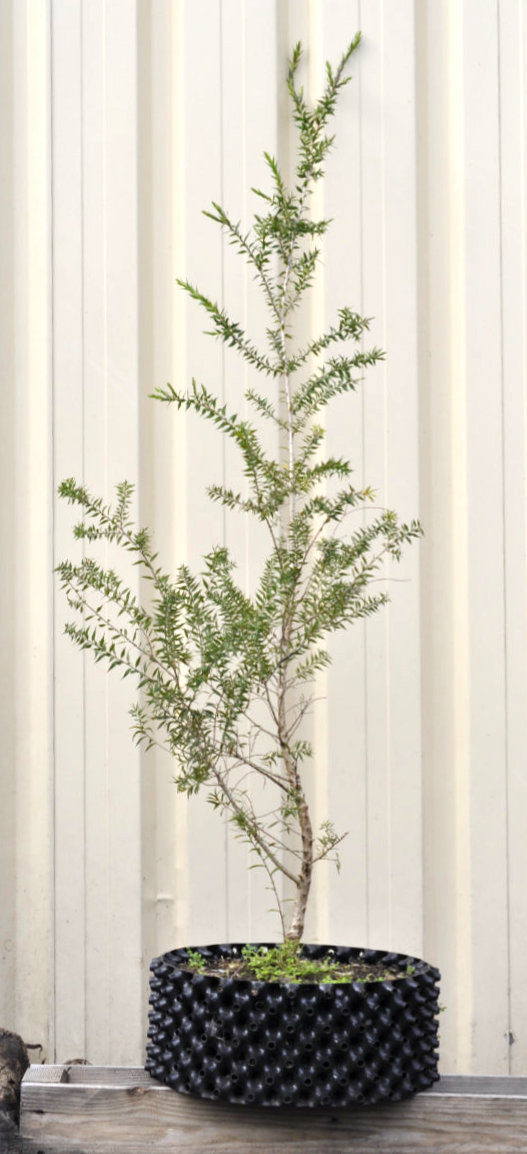
Prickly-leaved Paperbark (Melaleuca styphelioides)
copyright © Kristi Ellinopoullos
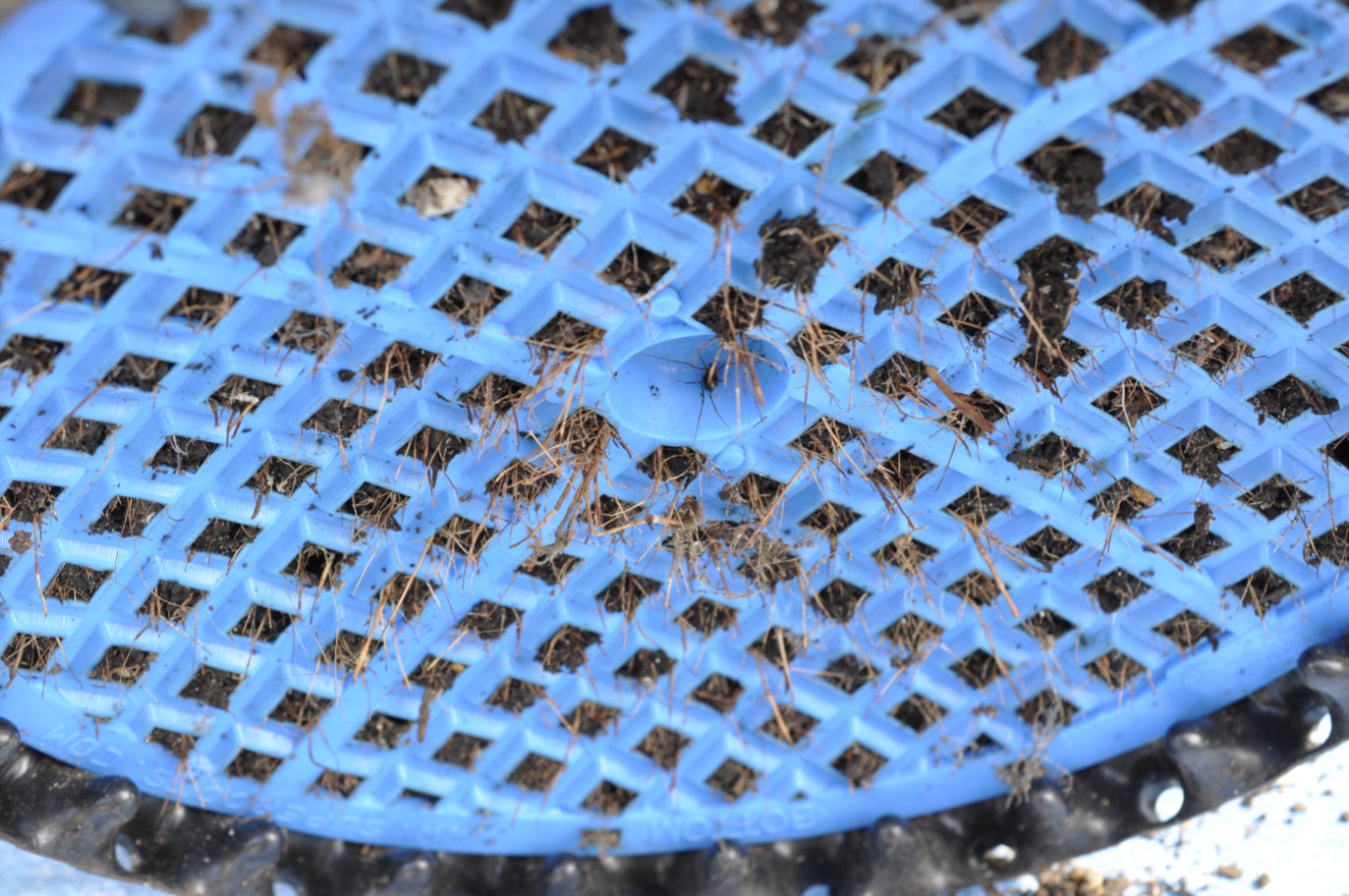
Fine roots protruding through the base
copyright © Kristi Ellinopoullos
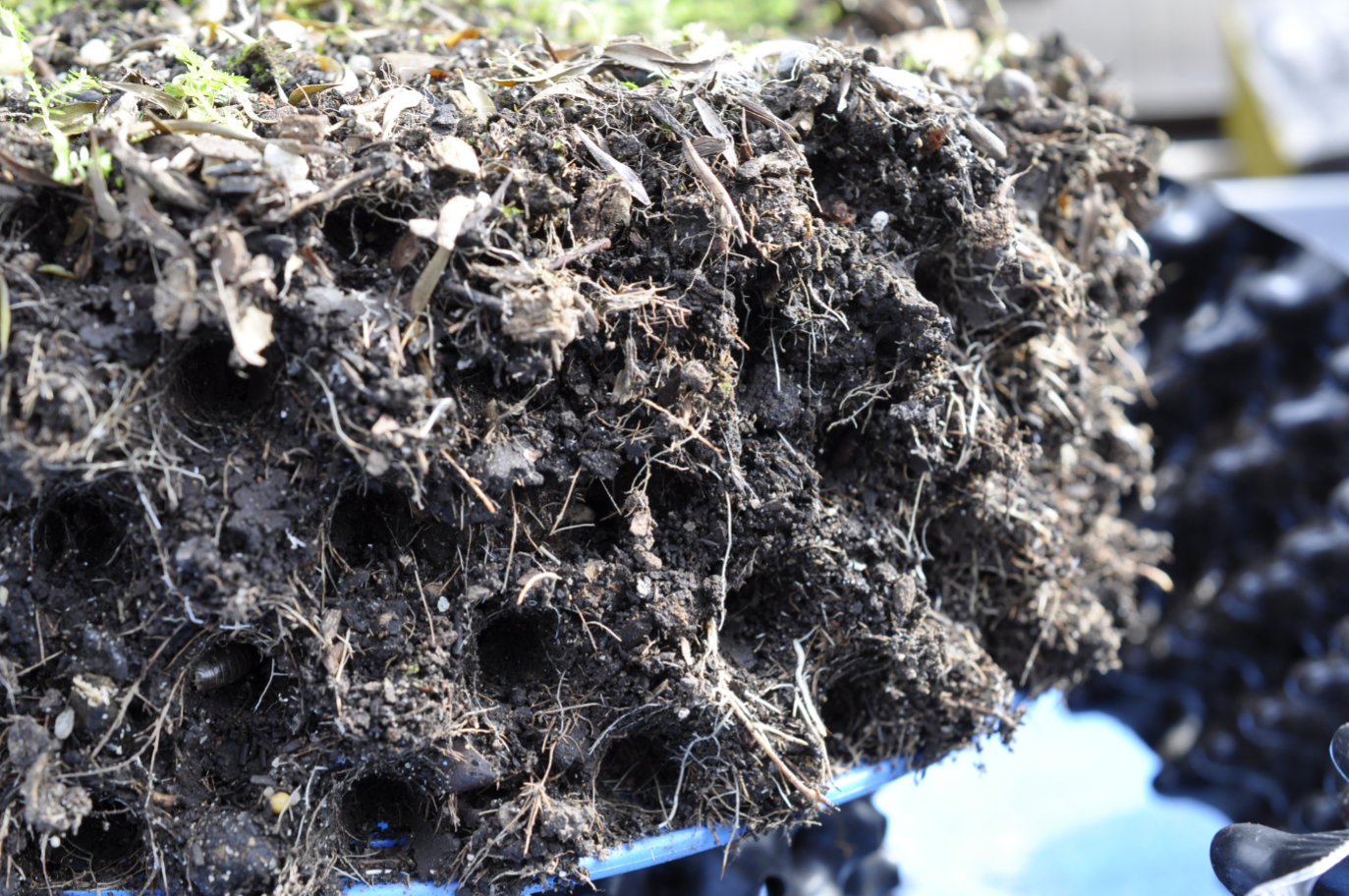
Air-Pot wall (at right) removed to show roots (the base is resting on 1 L Air-Pot Prop-Pots to facilitate this)
copyright © Kristi Ellinopoullos
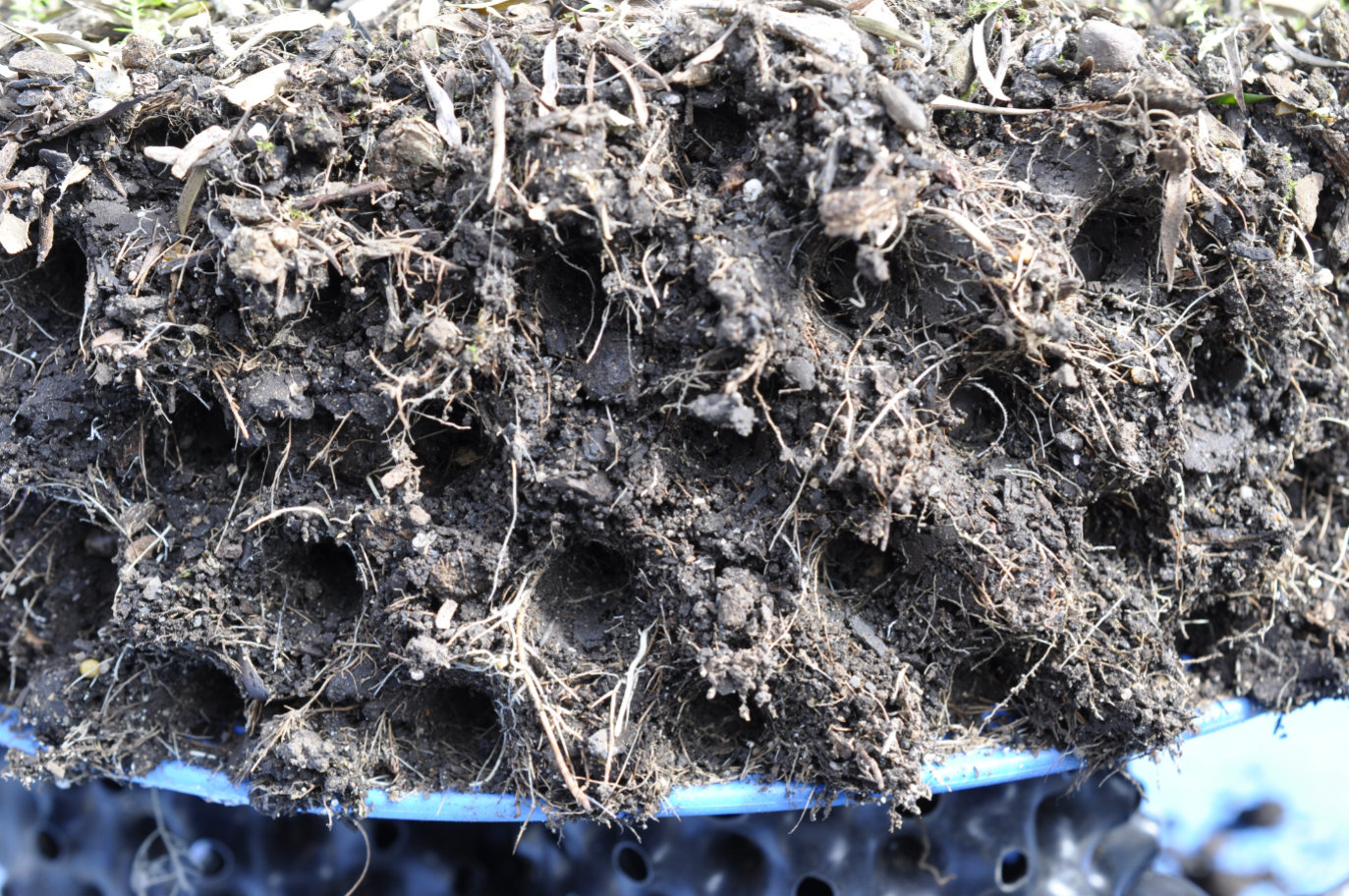
Another close-up of the roots
copyright © Kristi Ellinopoullos
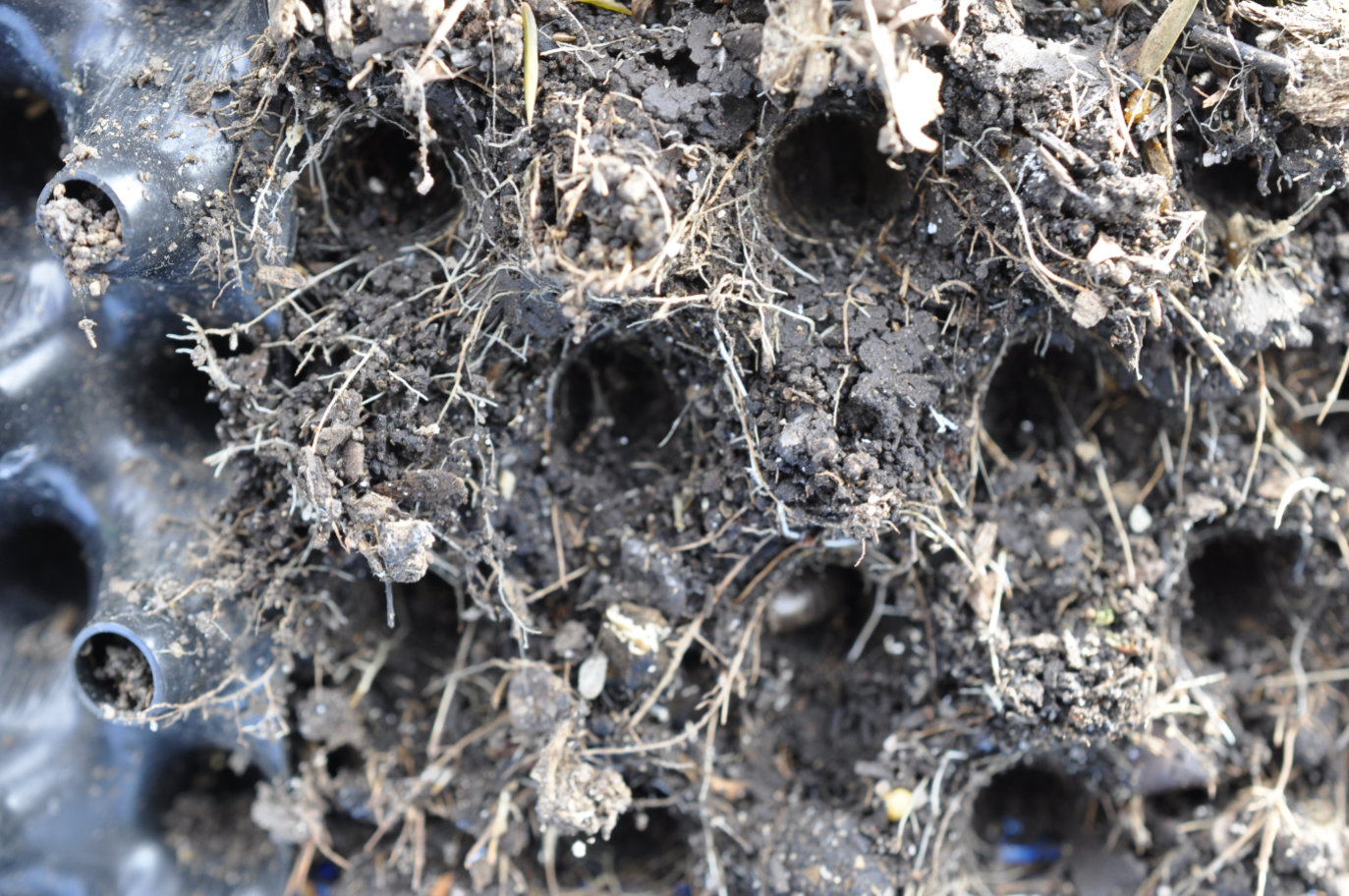
Another close-up of the roots
copyright © Kristi Ellinopoullos
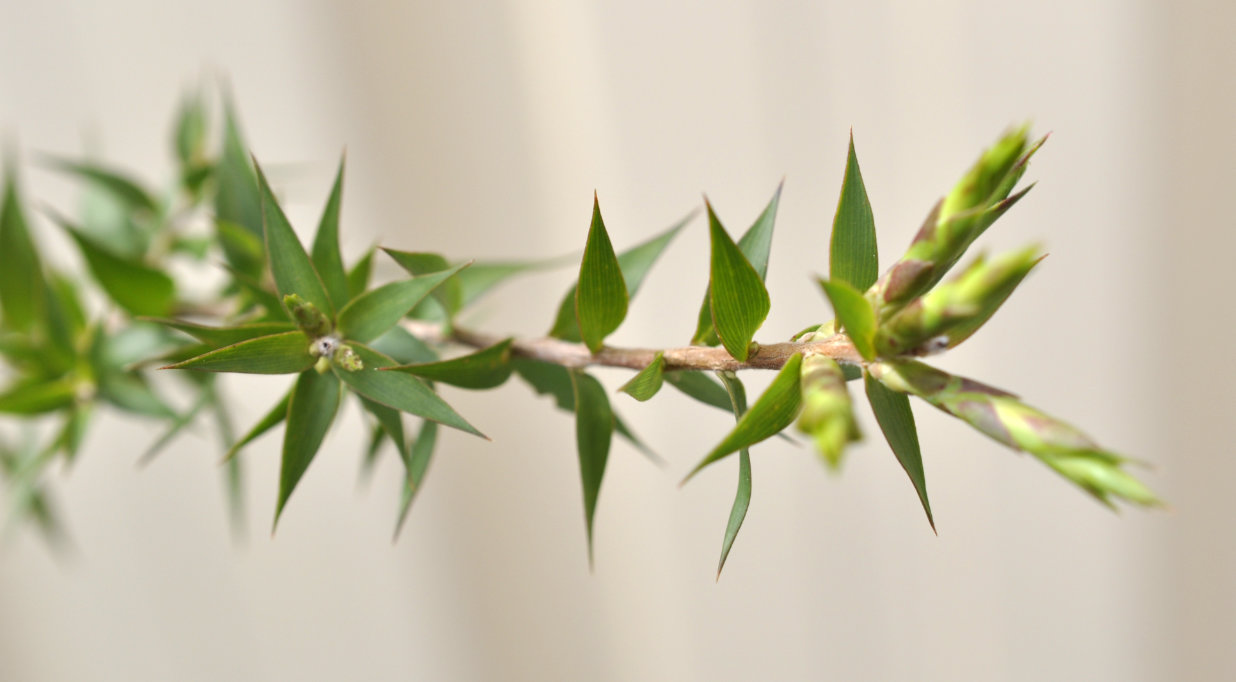
Close-up of the leaves
copyright © Kristi Ellinopoullos
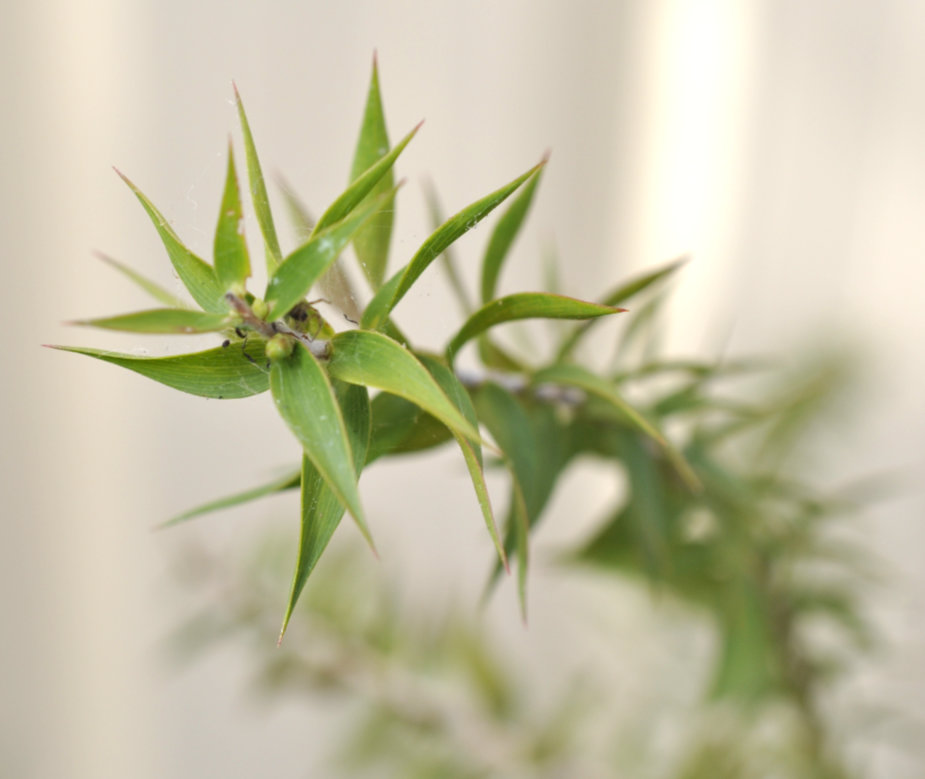
Close-up of the leaves
copyright © Kristi Ellinopoullos
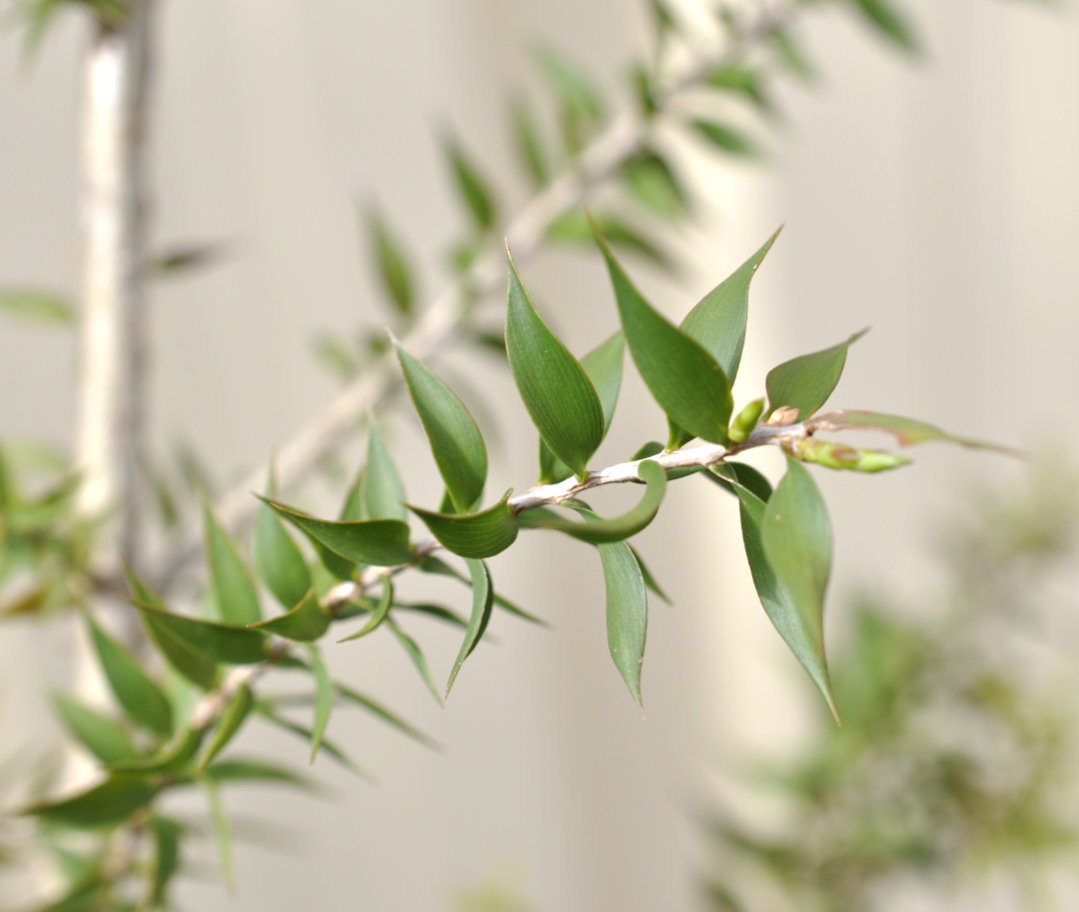
Close-up of the leaves
copyright © Kristi Ellinopoullos
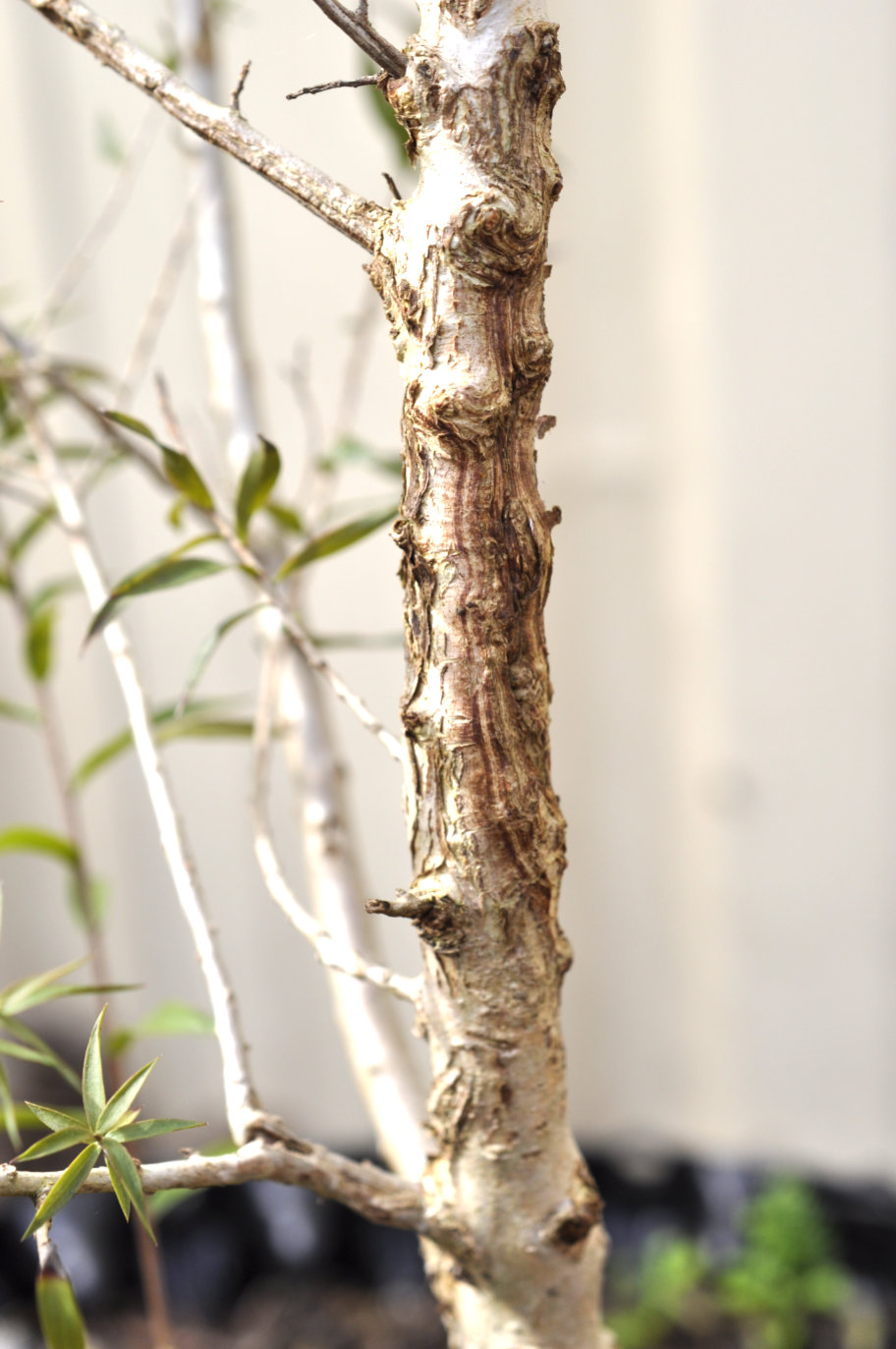
The paperbark texture developing
copyright © Kristi Ellinopoullos
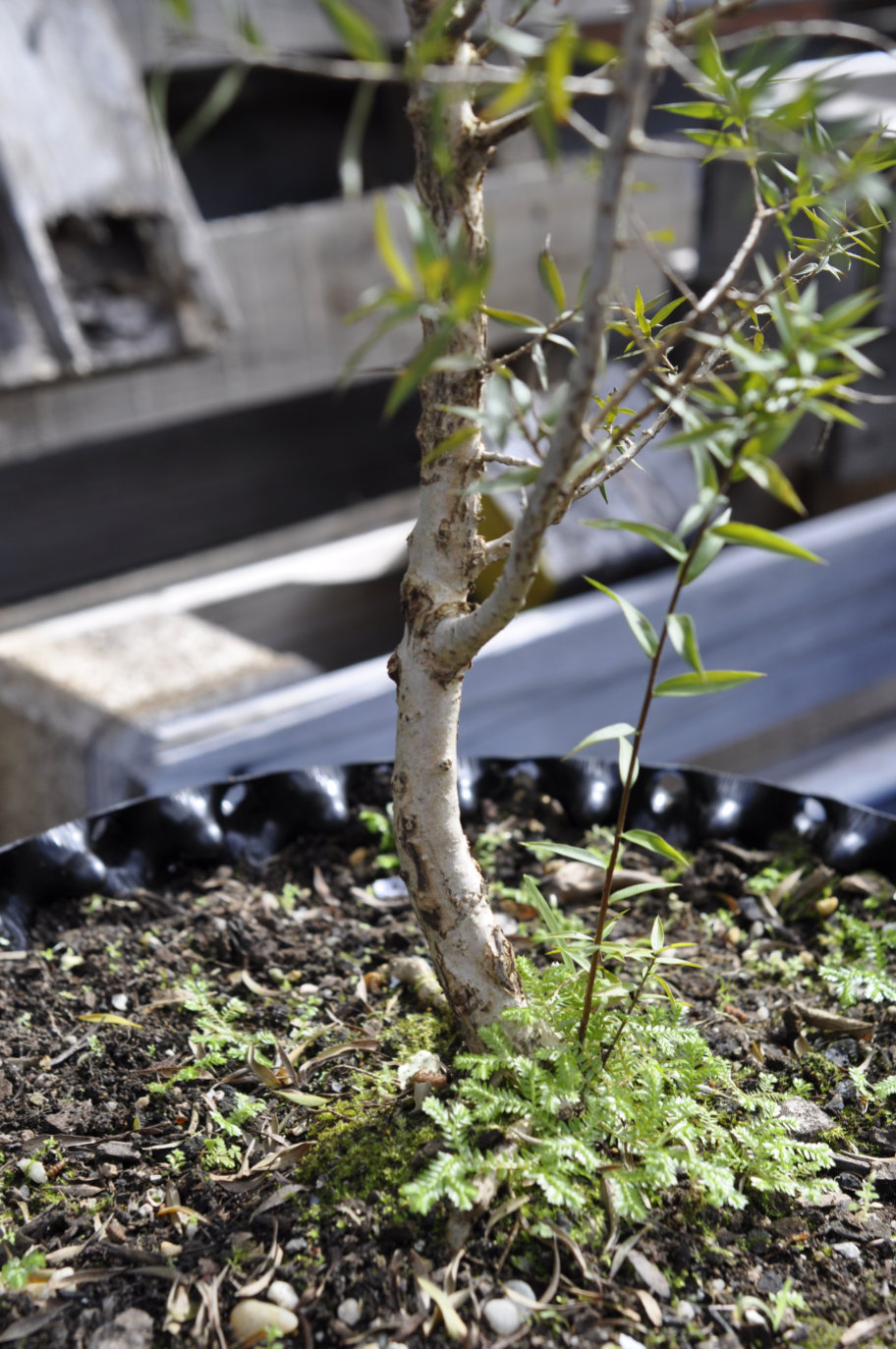
The thin shoot on the right has twin trunk potential
copyright © Kristi Ellinopoullos
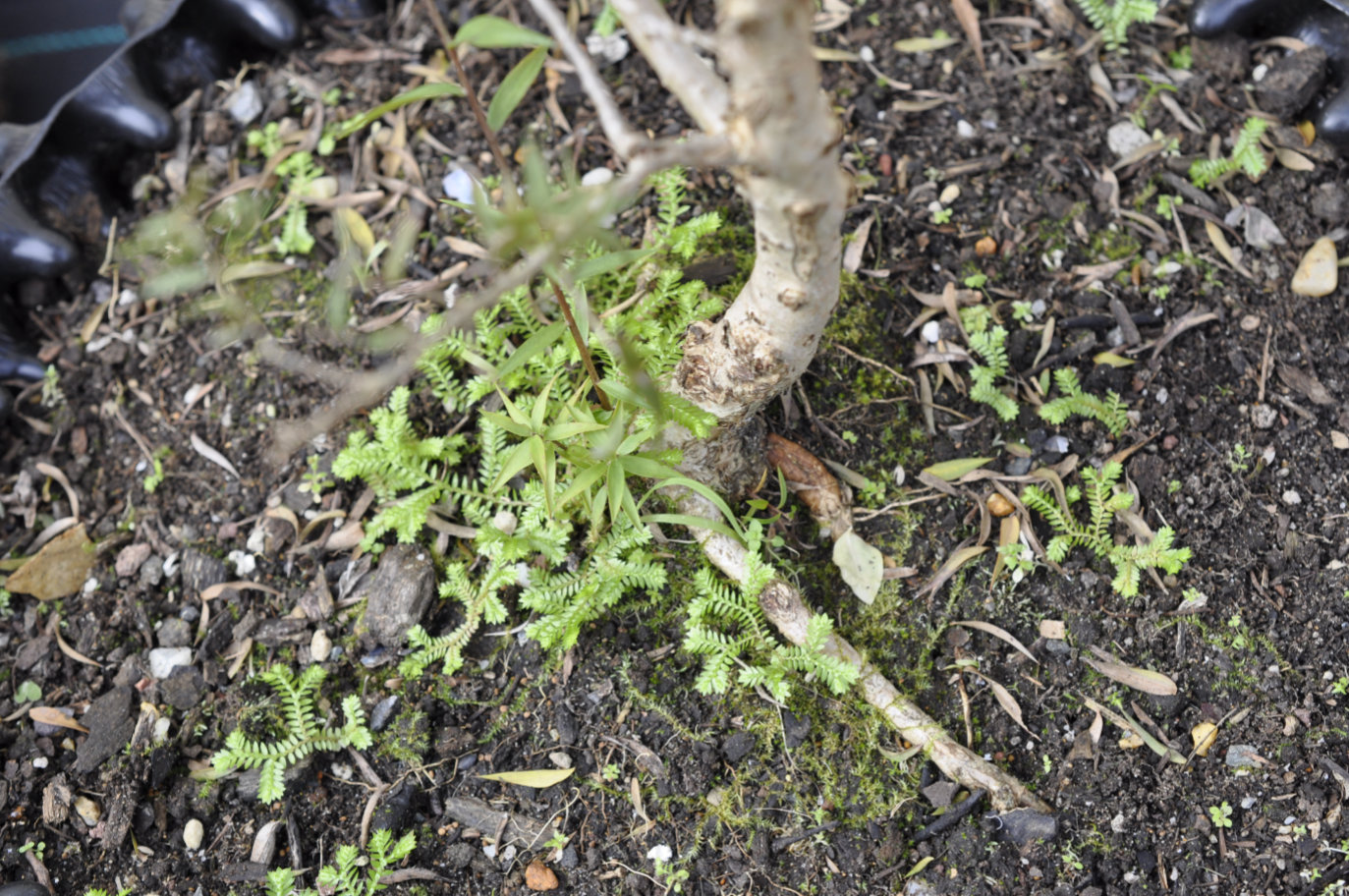
Nebari (the visible surface roots in bonsai) development
copyright © Kristi Ellinopoullos
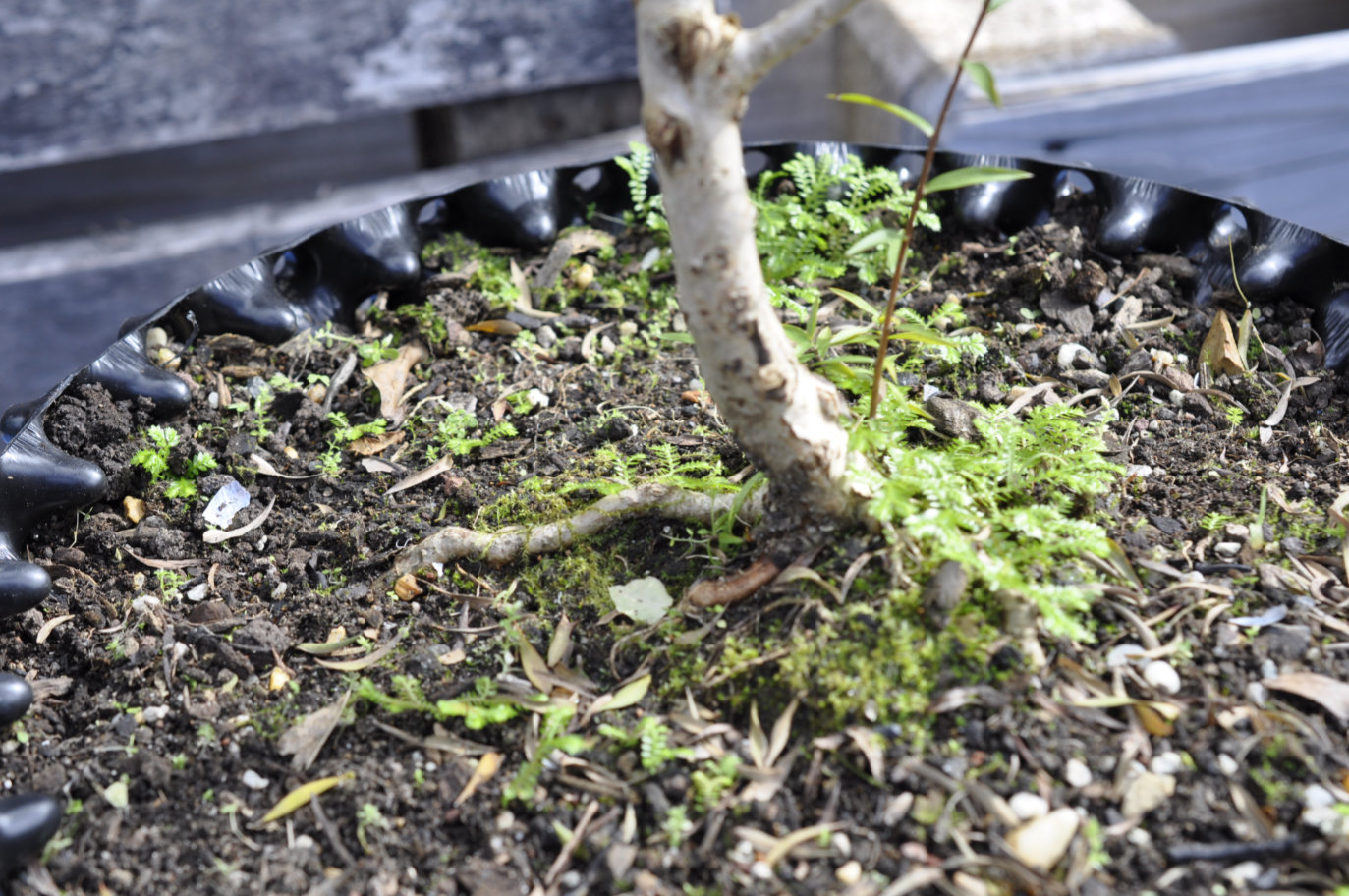
Nebari (the visible surface roots in bonsai) development
copyright © Kristi Ellinopoullos
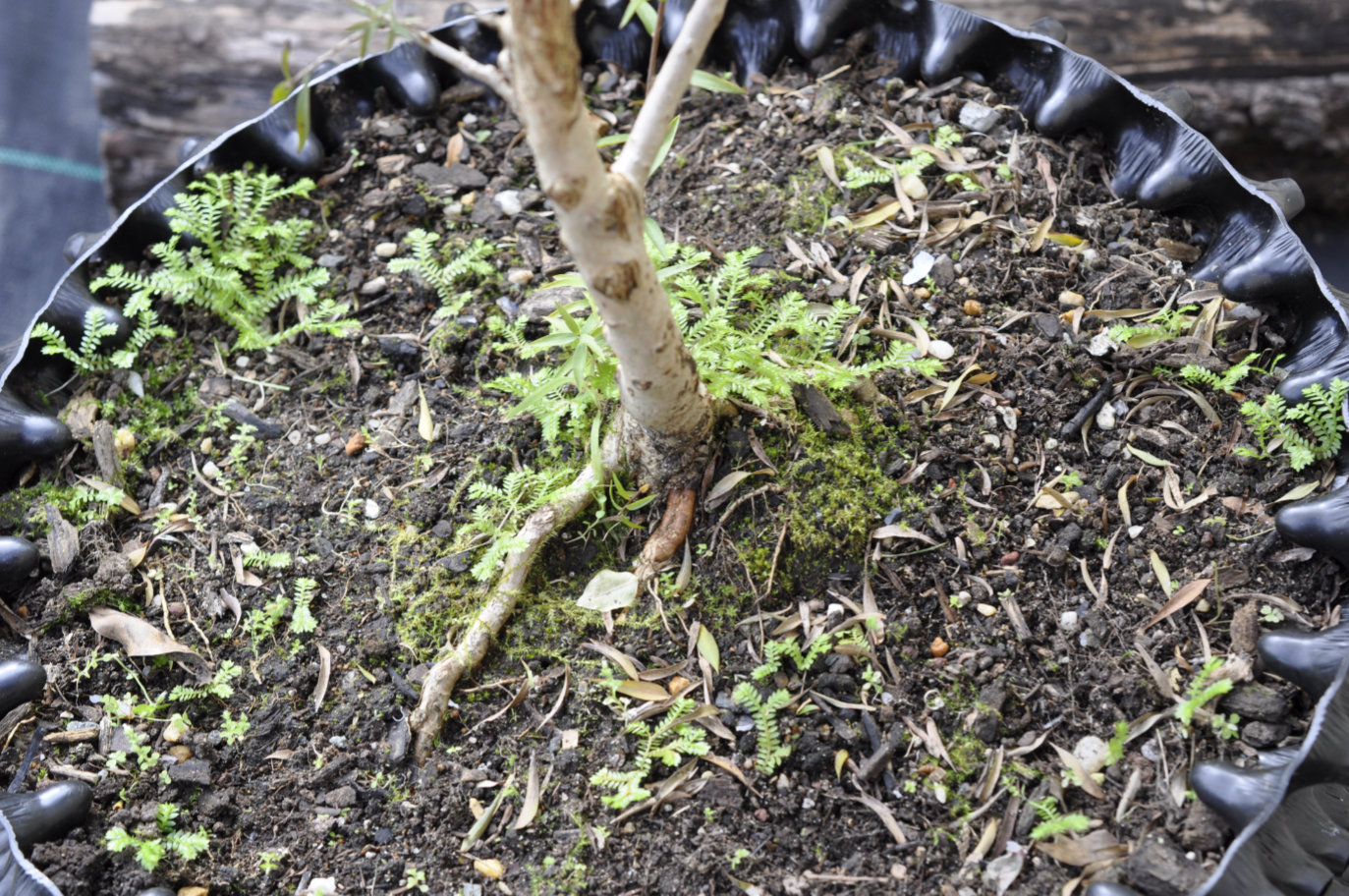
Nebari (the visible surface roots in bonsai) development
copyright © Kristi Ellinopoullos
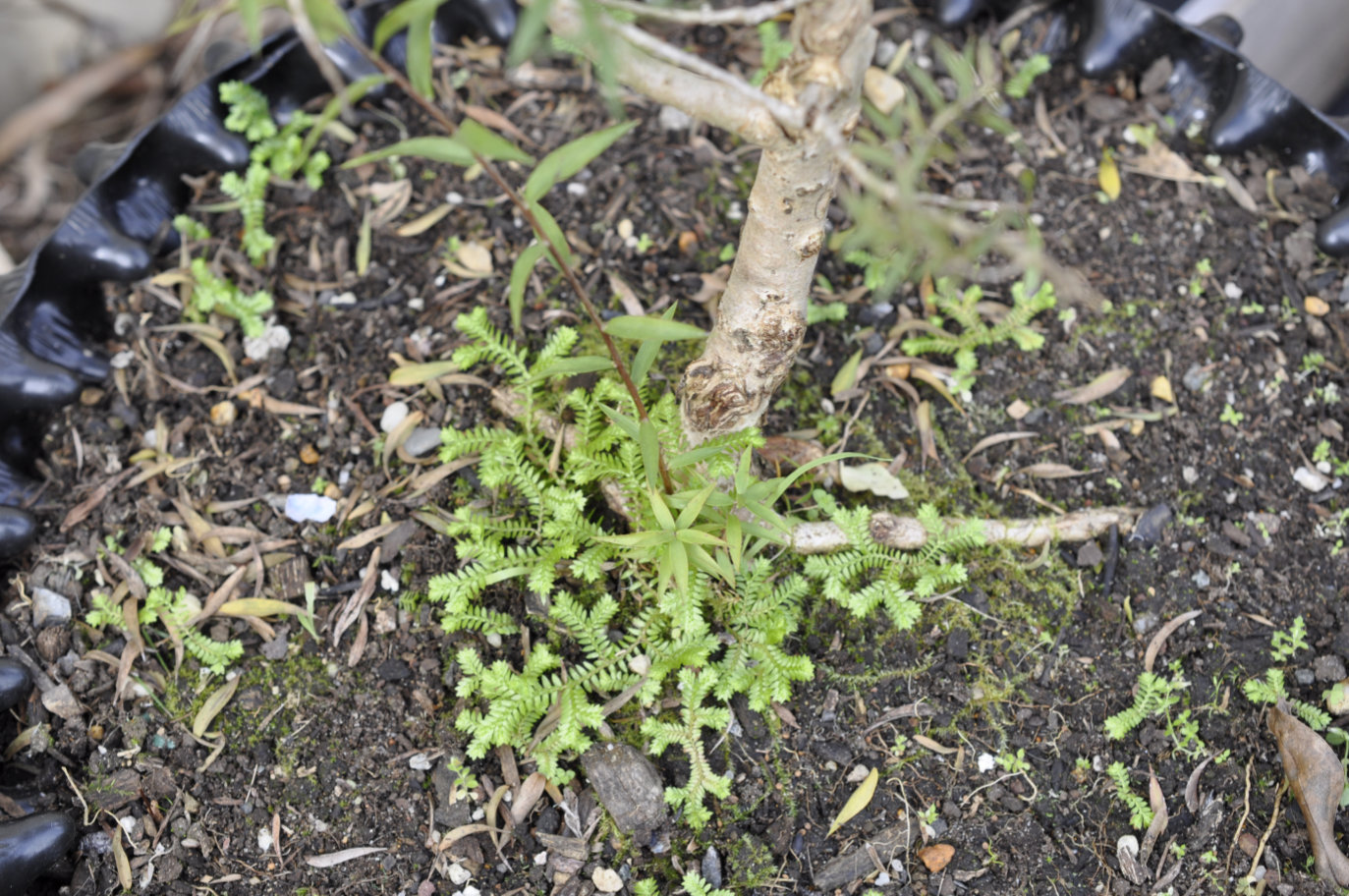
Nebari (the visible surface roots in bonsai) development
copyright © Kristi Ellinopoullos
Kristi Ellinopoullos
BSc(Hons), U.Syd. - double major in biochemistry and microbiology, with honours in microbiology
PhD, U.Syd - soil microbiology
Stumbled into IT and publishing of all things.
Discovered jujube trees and realised that perhaps I should have been an agronomist…
So I combined all the above passions and interests into plant-related websites and blogs, on which I write about plants, gardening, botany, soil chemistry, soil microbiology and biochemistry!
If you have any deep interest in microbiology and/or biochemistry, and how these apply to plants, I’m writing a deep-dive online book From Soil to Fruit here.
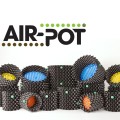
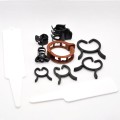
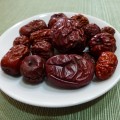
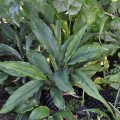
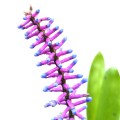
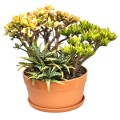
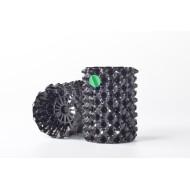
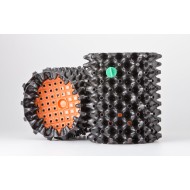
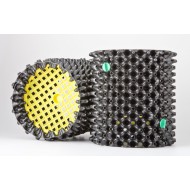
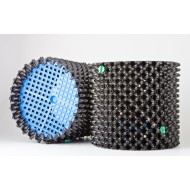
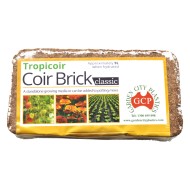
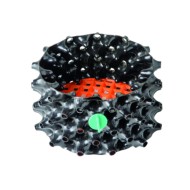
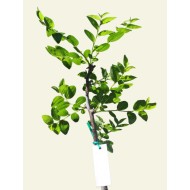
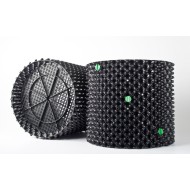
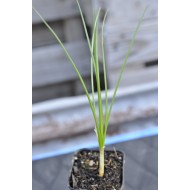
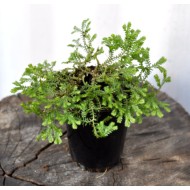
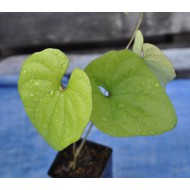
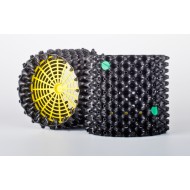
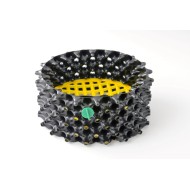
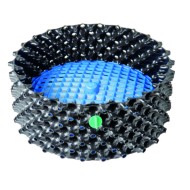
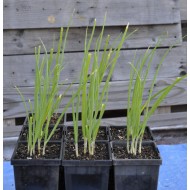
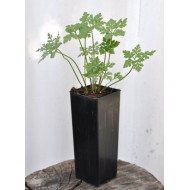
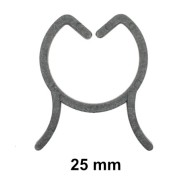
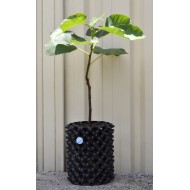
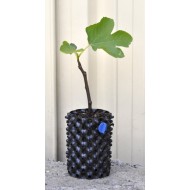
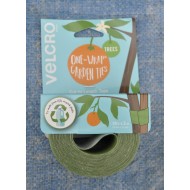
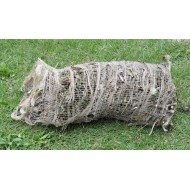
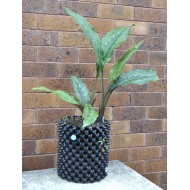
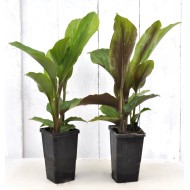
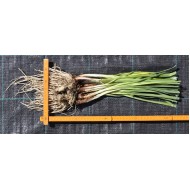
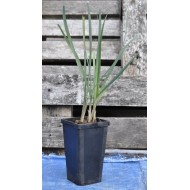
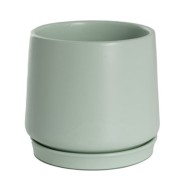
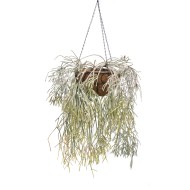
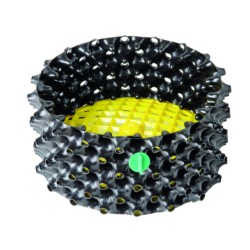
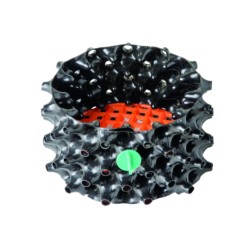
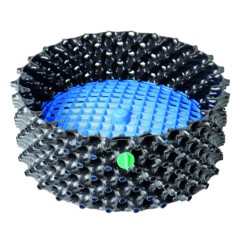
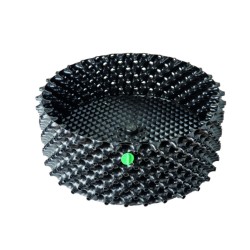
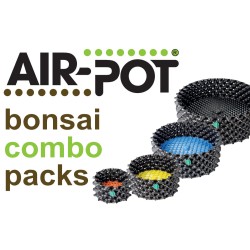
Leave a Comment